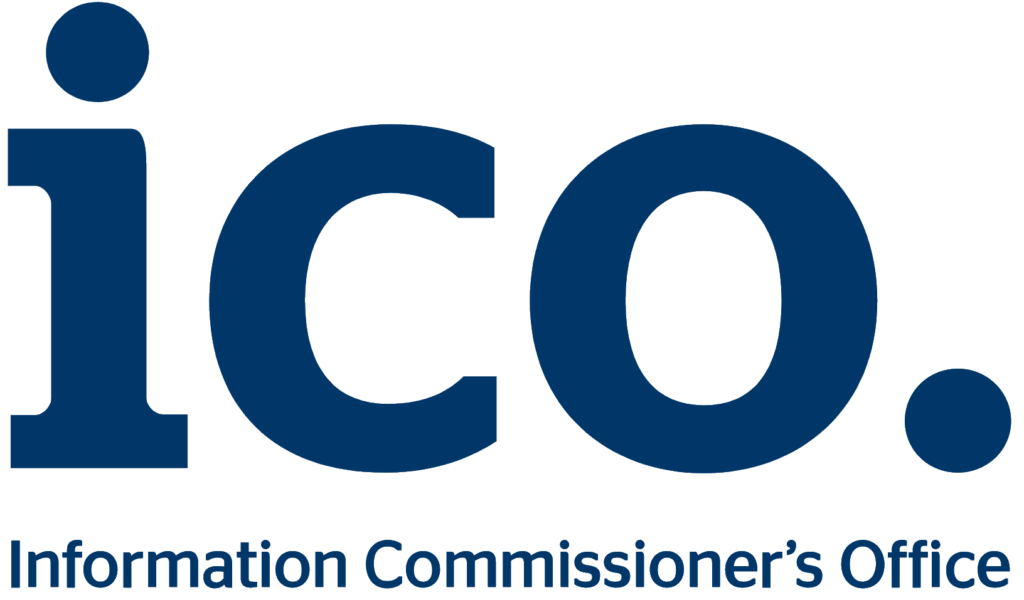Commonhold, an alternative form of property ownership, was introduced in England and Wales in 2004 under the Commonhold and Leasehold Reform Act (CLRA) 2002. This form of ownership was designed to benefit the occupants of blocks of flats and other interdependent buildings sharing common areas and services.
While the system offers several advantages over the traditional leasehold system, its adoption has been slow, with only a few commonhold properties established since its introduction. In this article, we will explore the concept, its advantages and drawbacks, and whether it could be the solution to the ongoing leasehold issues in England and Wales.
Understanding Commonhold Ownership
What is Commonhold?
Commonhold is a system of owning ‘freehold units’ within a building or block comprising separate properties, with all unit-owners having joint responsibility for the common parts. The units are typically residential properties, but this can also apply to commercial premises containing offices and shops. The owners of these ‘freehold units,’ often called unit-holders, are responsible for the management of common parts through membership of a commonhold association (CA), a company limited by guarantee.
Commonhold Association and Common Parts
The common parts are any part of a commonhold development not designated as a unit, including shared facilities such as stairwells, entrance hallways, and gardens. The CA owns and manages these common parts, with unit-owners holding membership in the CA. The owners are responsible for managing the entire development in accordance with the Commonhold Community Statement (CCS), which sets out the obligations of the individual unit-owners and the CA.
How Commonhold Differs from Leasehold
Ownership Duration and Ground Rent
A significant advantage of commonhold over leasehold is the indefinite ownership duration – you own your property as a freehold indefinitely, unlike leasehold ownership, which is limited to a fixed period. Additionally, there is no ground rent to pay, as unit-owners jointly manage the cost of maintenance.
No Landlord and Tenant Relationship
With this type of ownership, there is no landlord and tenant relationship, as there are no leases and all documents are in a prescribed format. This theoretically reduces conflicts between unit-owners and landlords and allows unit-owners to have a say in the management of the building.
Rights and Responsibilities
Unit-owners do not have many of the statutory rights available to leaseholders, as they rely mostly on contractual provisions within the CCS. However, owners have the right to participate in the CA, voting on decisions such as improvements and the appointment of directors.
The Creation and Conversion of Commonhold Properties
New Developments
In the case of a newly built development, the commonhold is registered without the unit-holders, as the units will be sold at a later date. The developer is responsible for forming and registering the CA and drafting the CCS. The registration will result in several freehold titles, which will initially be registered in the name of the developer.
Conversion from Leasehold
Although it is possible to convert leasehold properties to commonhold, the process requires unanimous consent from all interested parties including leaseholders, landlords and lenders. This can be challenging, as each party will want to protect their own interests, which may conflict with one another. Currently, conversion is relatively rare due to these challenges and the limited awareness of it as an alternative.
Advantages and Disadvantages of Commonhold
Advantages
- Indefinite ownership duration
- No ground rent to pay
- No landlord and tenant relationship
- Prescribed format for documentation
- Unit-owners have a say in management decisions
Disadvantages
- Limited awareness and adoption of commonhold
- Mortgage lenders may be reluctant to lend on these properties
- Unit-owners may be reluctant to take on responsibilities for common parts
- No statutory rights and remedies for unit-owners, unlike leaseholders
The Future of Commonhold
The Government has expressed interest in promoting commonhold and the Law Commission has been tasked with making it more popular. The commission has proposed reforms that could make it easier for leaseholders to convert and increase mortgage lender confidence.
However, it still faces challenges in gaining widespread adoption, such as the lack of awareness and the reluctance of mortgage lenders to embrace these type of properties. Additionally, the current legislation governing commonhold may need to be amended and make commonhold a more viable option.
In our opinion, while commonhold offers several advantages over leasehold ownership, its adoption has been slow, and further reforms may be necessary to make it a more attractive alternative for owners in England and Wales.
As the government continues to promote this system and address its shortcomings, it remains to be seen whether it will gain widespread adoption .
At Strangford Management we welcome any discussion surrounding the possibilities that commonhold may bring. Our staff are experts in managing developments with leaseholder led companies and can provide essential guidance on how to improve and optimise your development’s day to day management requirements.
Read more…
- EWS1 Form Explained: Hidden Requirements Your Surveyor Won’t Tell You
- NHBC Cover Explained: Your Essential Guide for Leaseholders (2025)
- Ministers Set £30bn Cladding Crisis Deadline for 2029
- Service Charge Disputes Made Simple: Your Rights as a Leaseholder
- Breaking: Leasehold Reform Scraps Two-Year Wait Rule From January 2025




